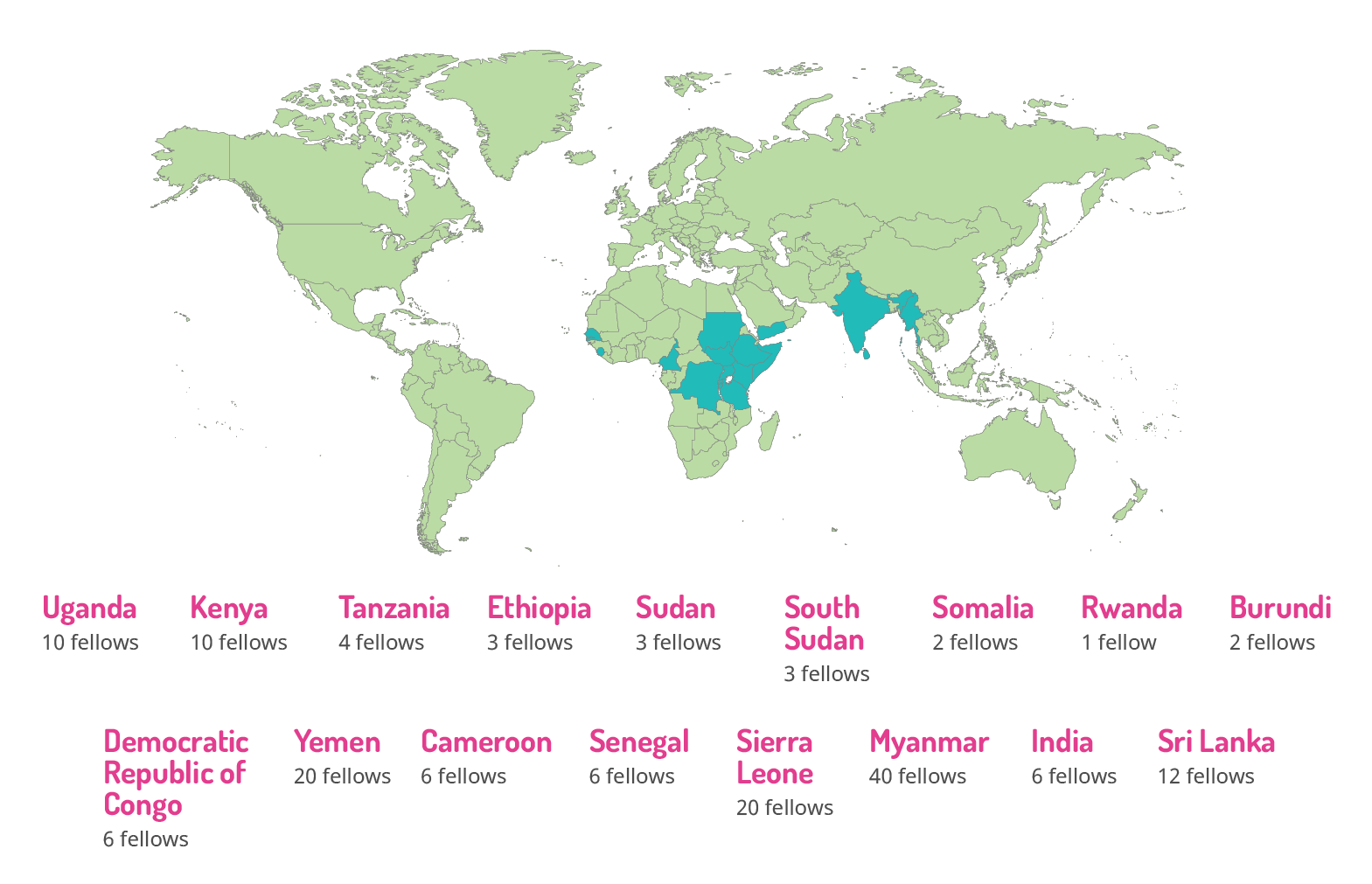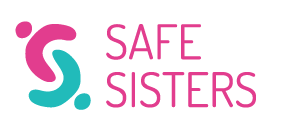As internet connectivity continues to expand around the world, the sexual and gender-based violence women and girls face offline is being replicated online. When women enter an online environment, they face a disproportional risk of digital harassment, cyber stalking, doxxing, or the non-consensual distribution of images (i.e., “revenge porn”).
Online violence has proven an especially powerful tool for undermining female (and female-identifying) human rights defenders and civil society leaders, because the brutal response they face online also serves to endanger, discredit, shame, or defame them offline.
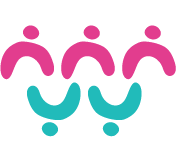
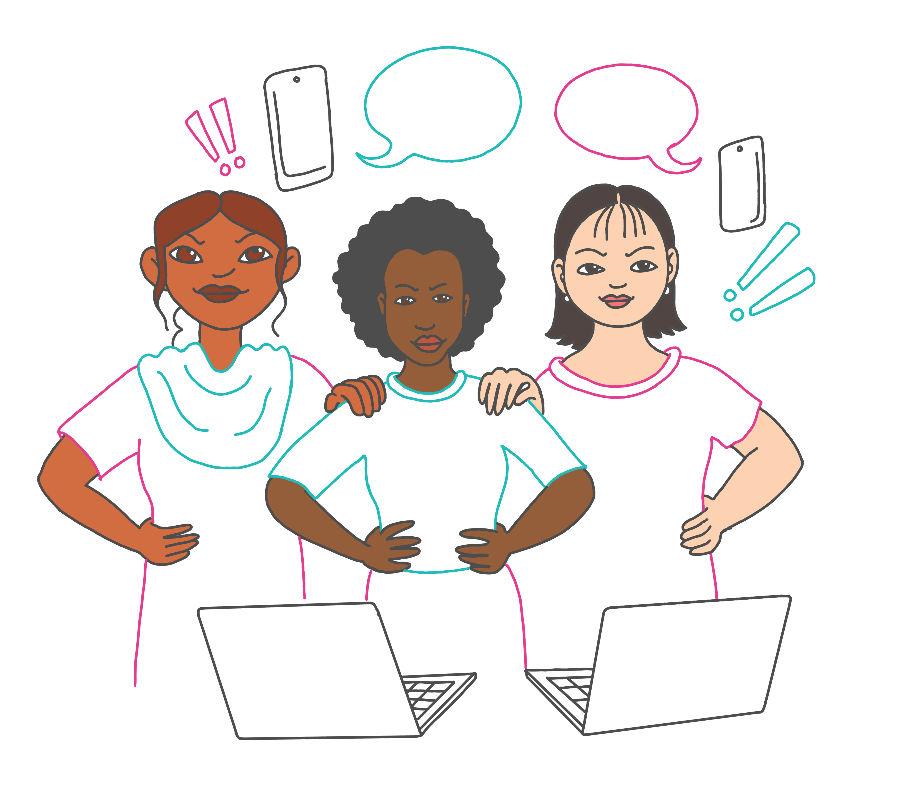
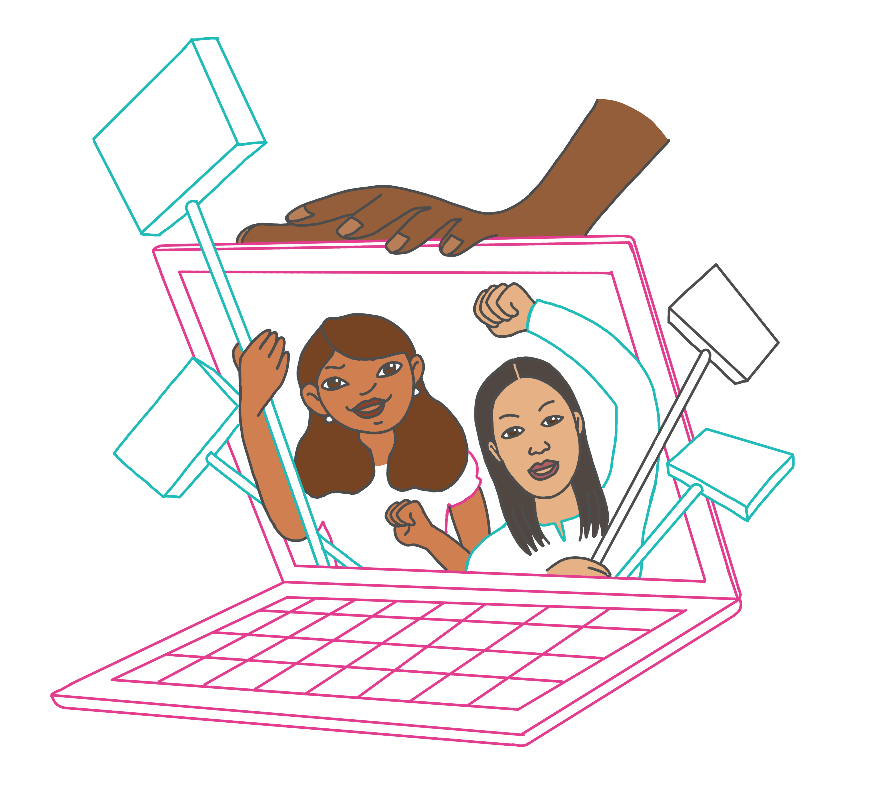
for Mobilization
In a recent statement, the United Nations’ High Commissioner for Human Rights recently emphasized the threat that human rights advocates face online, saying “Online campaigns against women human rights defenders and organizations aim to damage their credibility as advocates, to diminish or obliterate the power of their voices, and to restrict the already limited public space in which women’s activists can mobilize and make a difference.”
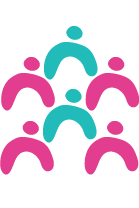
Digital Safety
Without strong support to help them navigate these threats, women self-censor, or remove themselves from online spaces, or retreat from leadership positions. This impedes the meaningful participation of women and girls from acting as agents of change to lead movements that will encourage longer term peace and stability, the net result of which is the diminished participation of women in civic space writ large
We believe that these leaders can be empowered to take their digital safety into their own hands, but they require careful, targeted support in order to do so. Most existing digital security guidance fails to provide contextualized guidance around the threats that women and girls face, or to offer practical solutions for the problems they need to solve.
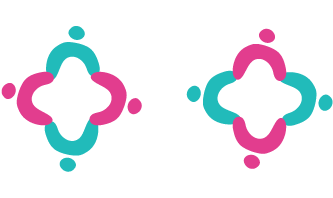
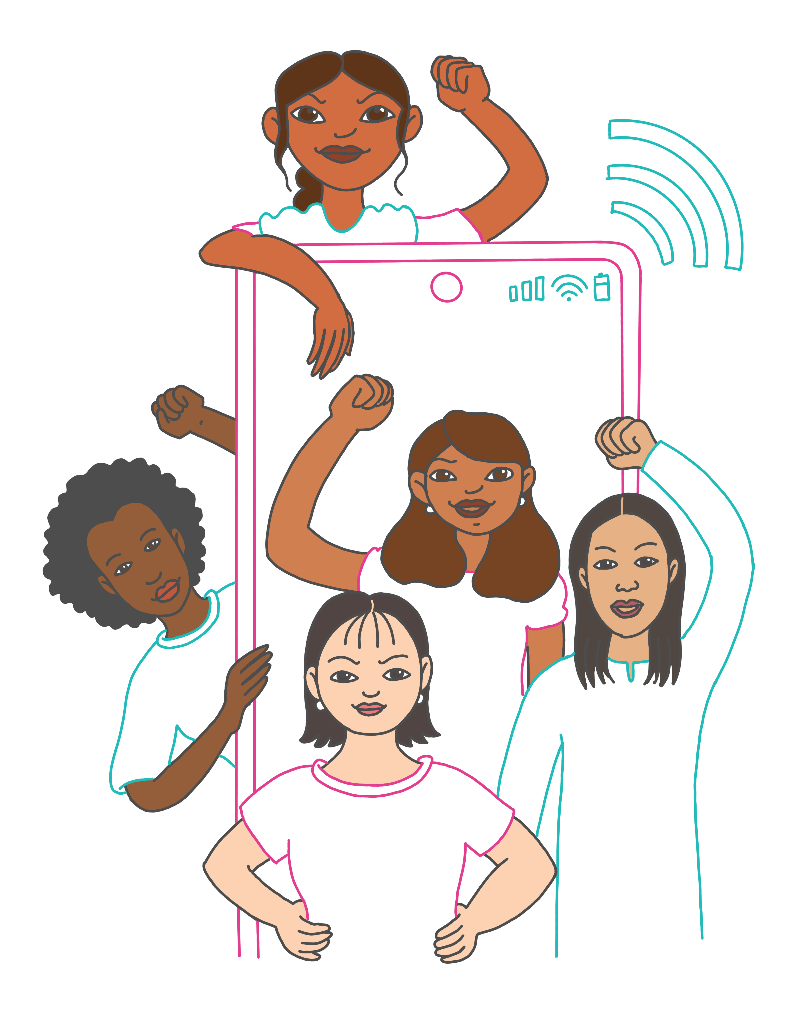
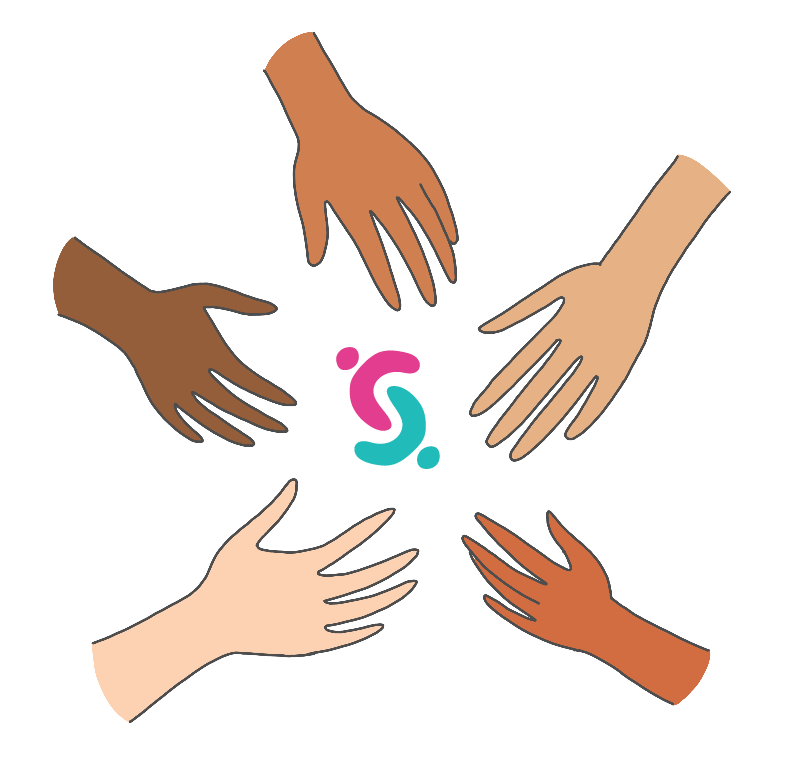
In response to these needs, Internews and DefendDefenders developed the Safe Sisters fellowship program in 2017, which we have been able to offer to cohorts of women human rights defenders, journalists and activists in East Africa though the generous support of Brot für die Welt, the Vodafone Foundation, and the United States Department of State. Founders Haley Slafer and Neil Blazevic, with Natasha Msonza, digital security expert and trainer and co-founder of Digital Society of Africa, and Helen Nyinakiiza, digital security trainer, UX researcher and educator, has been able to develop a flexible, adaptive methodology that meets the needs of women where they are. Our mission is make digital security less complicated and more relevant to real users and to encourage all women and girls to take online safety into their own hands.
We need your help to continue offering the Safe Sisters program in East Africa and to expand it to other regions of the world. If you are interested in contributing to Safe Sisters, please contact us.

